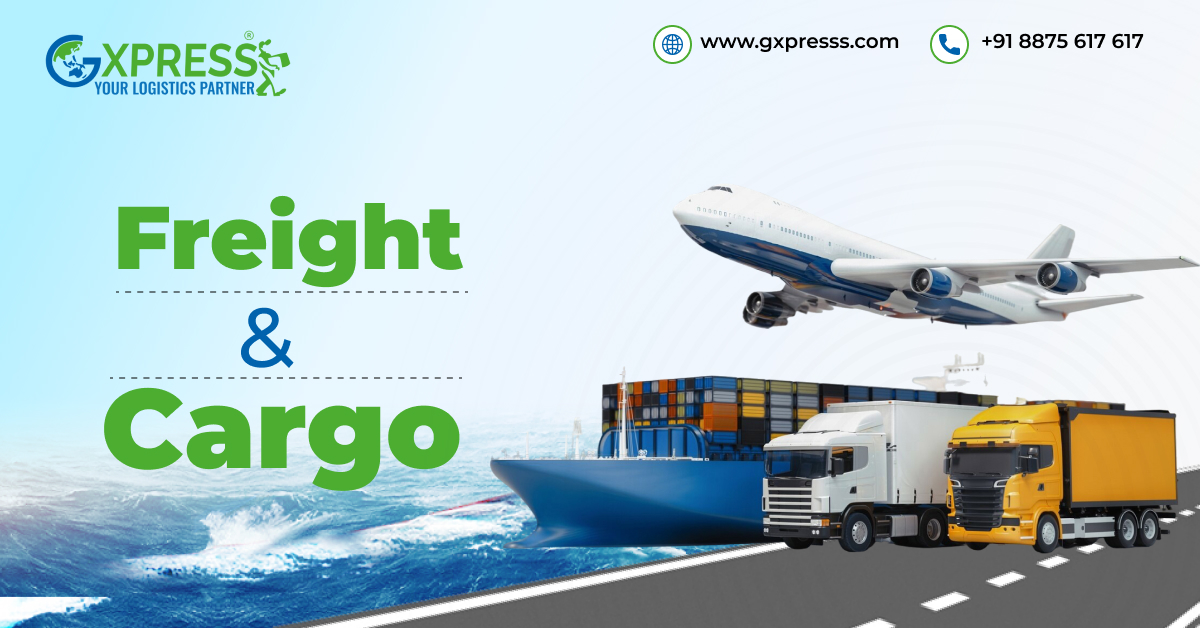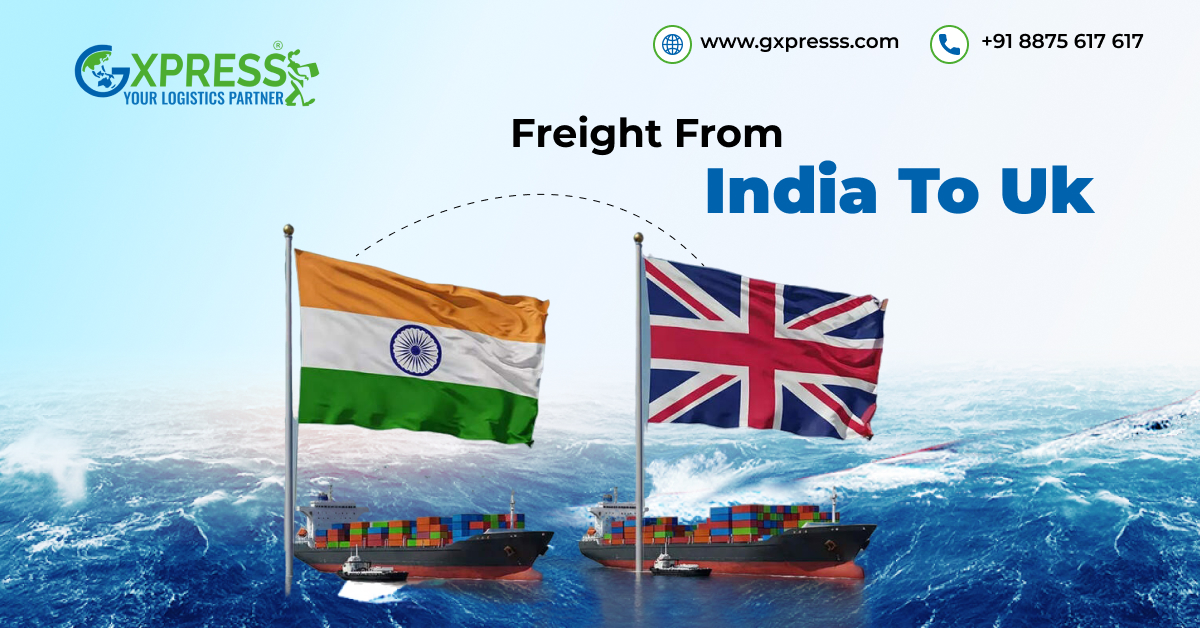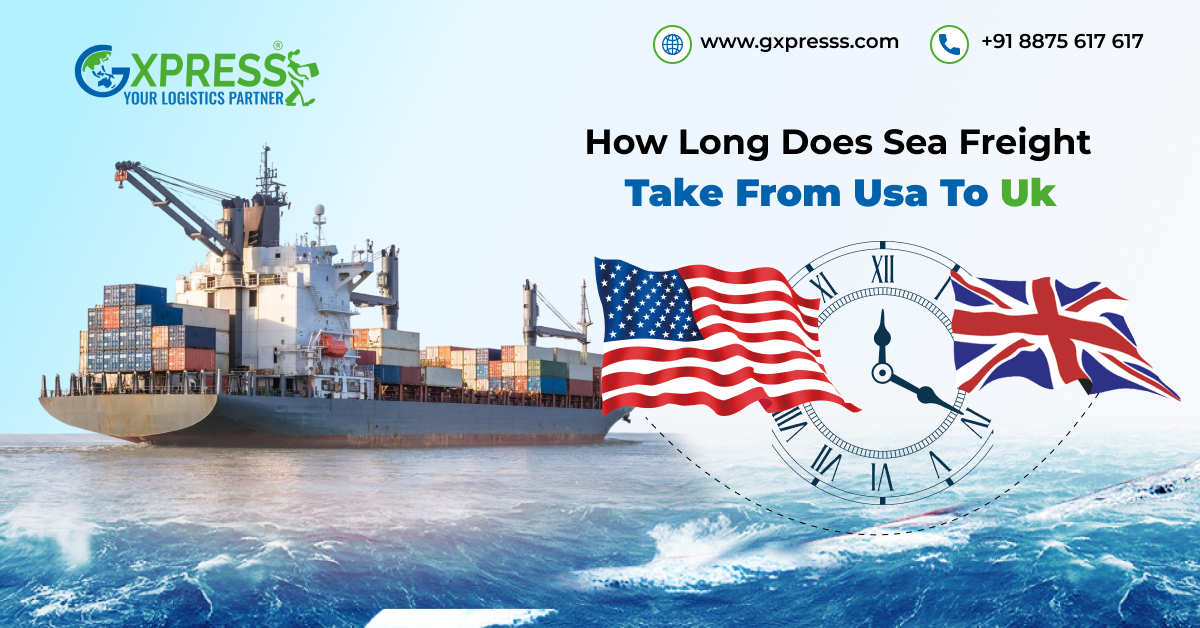LCL and FCL Shipping: A Comprehensive Guide
Learn the differences between Less than Container Load (LCL) and Full Container Load (FCL) shipping to optimize your logistics strategy.

Understanding the Basics: What is LCL and FCL Shipping?
In the global shipping industry, choosing the right container shipping method can be crucial to optimizing logistics costs and delivery times. This comprehensive guide breaks down the differences between LCL (Less than Container Load) and FCL (Full Container Load) shipping, helping you make informed decisions for your business.
What is LCL Shipping?
LCL (Less than Container Load) shipping is where your goods share a container with other businesses' shipments.
How LCL Works:
- Consolidation of multiple shipments
- Shared container space
- Deconsolidation at destination
Advantages:
- Cost-effective for small shipments
- Flexible shipping frequency
- No minimum volume requirements
Disadvantages:
- Longer transit times
- More handling involved
- Higher risk of damage
What is FCL Shipping?
FCL (Full Container Load) shipping provides exclusive use of an entire container for your shipment.
How FCL Works:
- Exclusive container use
- Direct shipping
- Minimal handling
Advantages:
- Faster transit times
- Lower risk of damage
- Cost-effective for large volumes
Disadvantages:
- Higher cost for small shipments
- Less flexibility
- Minimum volume requirements
Key Differences: LCL vs FCL
Cost Considerations
- LCL: Pay only for space used
- FCL: More economical for large volumes
Transit Times
- LCL: Longer due to consolidation
- FCL: Faster with direct shipping
Risk Management
- LCL: Higher handling risk
- FCL: Minimal handling risk
Flexibility
- LCL: More flexible for small shipments
- FCL: Better for regular, large volumes
How to Choose Between LCL and FCL
Shipment Volume
Consider FCL if your cargo can fill 75% or more of a container
Budget
LCL for cost-effective small shipments, FCL for volume efficiency
Time Sensitivity
Choose FCL for faster transit times and urgent deliveries
Real-World Examples
Small Business Case
Retailer using LCL for seasonal merchandise
- Reduced costs
- Flexible shipping
- Managed inventory effectively
Large Business Case
Manufacturer using FCL for machinery parts
- Reliable delivery times
- Minimized damage risk
- Cost-effective bulk shipping
Making the Right Choice
The choice between LCL and FCL shipping depends on your specific business needs, shipment size, budget, and timing requirements. Understanding these options helps optimize your logistics strategy and improve supply chain efficiency.
Need Help with Your Shipping Strategy?
Contact Gxpress today to discuss your shipping needs:



